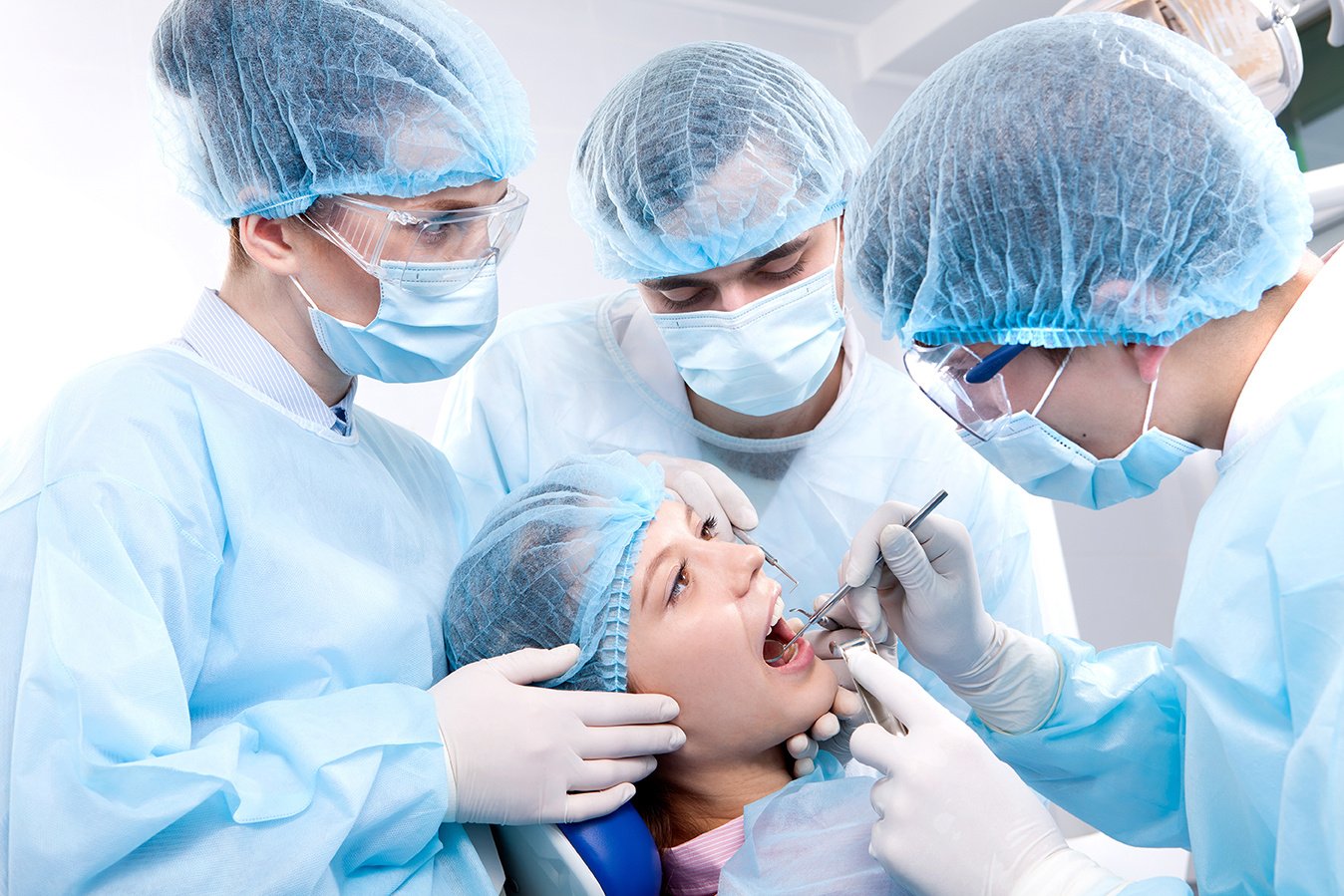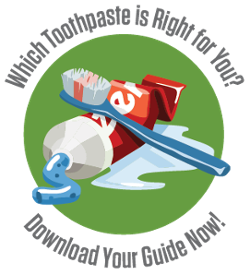By Andrew Hickey on Sep 18, 2024 @ 03:33 PM
Few people look forward to going to the dentist, let alone going in for oral surgery. Then you have to worry about the discomfort and potential downtime that comes with it.
So, you made it through your oral surgery, say you had your wisdom teeth removed. It will be important to be mindful of taking care of your mouth to ensure a smooth and speedy recovery.
Continue reading to find out helpful steps to ease pain and speed up healing after your oral surgery.

Types of Oral Surgery
Oral surgery refers to any surgical procedure performed on your teeth, gums, jaws, or other oral structures. Your dentist can recommend oral surgery for any number of reasons, such as broken teeth, gum disease, missing teeth, bone loss in your jaw or oral cancer. Once you have gone over the details and agreed on a course of action, your dentist will refer you to a specialist for the surgery. Here are some of the types of oral procedures that are performed:
- Tooth extraction.
- Wisdom teeth removal.
- Dental implants.
- Dental bone grafts.
- Periodontal surgery.

Pain After Oral Surgery
Pain is common after oral surgery and is an expected part of the healing process. The intensity of the pain can vary depending on the type of surgery performed, as well as your pain tolerance.
Typically, the pain from oral surgery reaches its peak within the first 48 hours and gradually subsides as the healing progresses. It is important to closely follow the care instructions from your dentist or surgeon. Your dental professional is equipped with the experience to help you manage your pain effectively and promote a smooth recovery.
You might have some bleeding for the first day or so after surgery. In this case you will be given gauze to gently bite down on to help slow the flow of blood. If the bleeding continues for more than 24 hours or is so heavy that the gauze needs to be changed often, you should call your dentist or oral surgeon.

Pain Relief Medications
The most common medication that is recommended after oral surgery is over the counter. Your dental professional will suggest a pain reliever like ibuprofen (Advil, Motrin) or acetaminophen (Tylenol). These medications help reduce inflammation and alleviate discomfort.
For more severe pain, your dentist or surgeon might prescribe stronger pain medications. It is crucial to take these medications exactly as prescribed to avoid potential side effects.

Home Remedies to Ease Pain
Along with medication, there are some simple home remedies you can use to aid in your recovery from oral surgery. Here are the most common remedies you can use:
- Apply an ice pack to the affected area to help reduce swelling and numb the pain. Use the ice pack for 15-20 minutes at a time.
- Use a saltwater rinse to promote healing and reduce discomfort. You should mix half a teaspoon of salt into a cup of warm water and gently swish it around your mouth a few times a day.
- Elevate your head while resting to minimize swelling and discomfort. You can use extra pillows, especially during the first few days after surgery.

Diet for Pain Management
After oral surgery you should stick to soft foods that require minimal chewing, such as yogurt, mashed potatoes, and smoothies. Avoid hard, crunchy, or spicy foods that could irritate the area of your mouth that is affected.
Staying hydrated is also essential for the healing process. Drink plenty of water, but avoid using straws, as the suction can hurt and delay healing.

Seeking Further Medical Attention
As we have discussed, pain and discomfort are normal after oral surgery. There are steps you can take at home to help in your recovery. However, you should contact your dentist or surgeon if you experience severe or worsening pain, excessive bleeding, or signs of infection such as fever or pus.
You should also seek immediate medical attention if you have persistent numbness, difficulty breathing, or an allergic reaction to a prescribed medication.
We wish you the best in your oral surgery and hope these tips will lead to a successful recovery. For more oral health tips, get your free guide on which toothpaste is right for you.
Want to have Solstice benefits? Call our sales team at 877.760.2247 or email Sales@SolsticeBenefits.com
Already have Solstice benefits? See your plan details by going to https://www.mysmile365.com/ or calling us at 1.877.760.2247.





comments